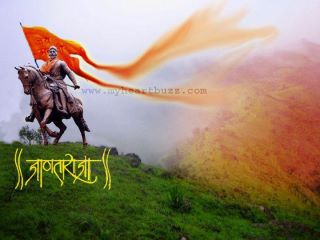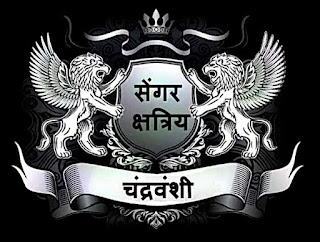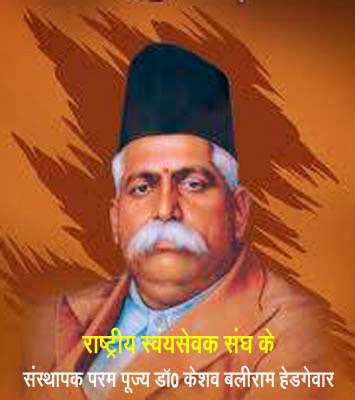Kumbh's mela history
Kumbh's history originates from the beginning of the Creation. All devtas were under the influence of a curse that made them weak and coward, Brahma, (the creator God) advised them to churn the ocean for Amrit (Nectar), intake of which will make them immortal, devtas sough the help of demons for the purpose. gods and demons made a temporary agreement to work together in obtaining amrita (the nectar of immortality) from the Milky Ocean, and to share this equally.The Mandara Mountain was used as a churning rod, and Vasuki, the king of serpents, became the rope for churning. With the demigods at Vasuki's tail and the demons at his head, they churned the ocean for a 1,000 years. Eventually, Dhanwantari, the divine healer, appeared with the "Kumbh" containing nectar in his palms, when the Kumbha (pot) containing the amrita appeared, the demons ran away with the pot and were chased by the gods. By their joint churning Amrit was one of the resultants, found in the last. A battle ensured.For twelve days and twelve nights (equivalent to twelve human years) the gods and demons fought in the sky for the possession of this pot of amrita. It is said that during the battle, drops of amrita fell on to four places : Prayag, Haridwar, Ujjain and Nasik. Kumbha mela is observed at these four locations where the nectar fell.
Maha Kumbh is held after every twelve years, which is once in life time event, if somehow you have missed Maha Kumbh, then other option of similar significance is Ardh Kumbh which held after every 6 years.
Kumbh is held at four places.
Prayag (near the city of Allahabad, in the state of Uttar Pradesh) at the confluence of three rivers Ganga (Ganges), Yamuna and Saraswati.
Haridwar (in the state of Uttarakhand) where the river Ganga enters the plains from Himalayas.
Ujjain (in Madhya Pradesh), on the banks of Ksipra river, and
Nasik (in Maharashtra) on the banks of Godavari river.
Run the Makar Sankranti 14th January 2013' Maha Kumbh at Prayag (Allahabad).
The combined sanctity of the three holy rivers, coupled with the spiritual powers obtained from the pot of nectar of immortality has earned Prayag (Allahabad) as tirtharaja ( the king of holy places). The confluence of India's three most sacred rivers at Allahabad , Besides the Ganges, there are also two other sacred rivers located at Allahabad, the Yamuna and the Saraswati . Ganges & Yamuna has its earthly origin in the Himalayas. Whereas Saraswati, is a mystical river which has no physical form. Its is believed that the Saraswati exists only on the spiritual plane and is not visible to the human eye.
Kumbha Mela is "the world's most massive act of faith' – the largest congregation of devotees at one place. It is believed that by bathing in the Ganges during Kumbh, one is freed from one's past sins (karma), and thus becomes eligible for liberation from the cycle of birth and death.
According to astrological calculations, the Kumbha Mela is held every twelve years and begins on Makar Sankranti, the day when the sun and moon enter Capricorn and Jupiter enters Aries. The astrological configuration on Makar Sankranti is called " Kumbhasnanayoga" and is considered to be especially auspicious, as it is said that the passage from Earth to the higher planets is open at that time, thus allowing the soul to easily attain the celestial world.
It is impossible to capture the festival. Indeed, it is the festival that captures us. Words, film, print, and paper can not do justice to the event — it is the one which has to be experienced personally.








टिप्पणियाँ
एक टिप्पणी भेजें